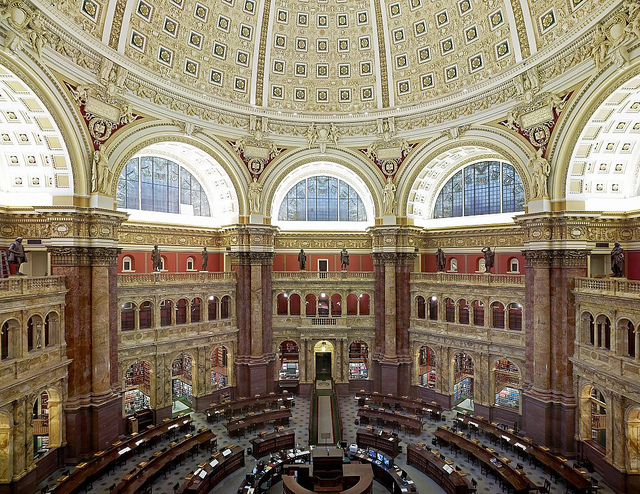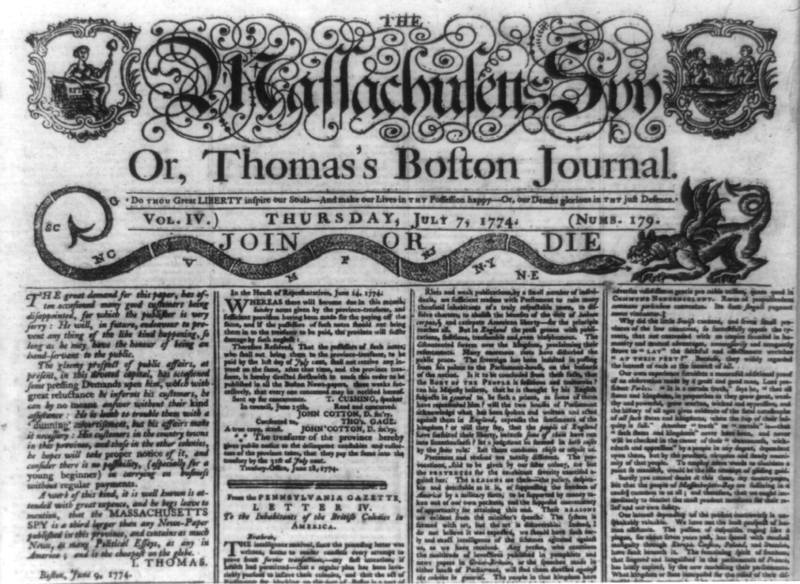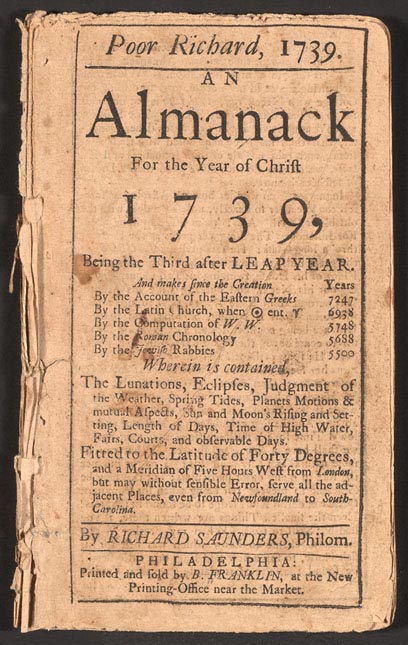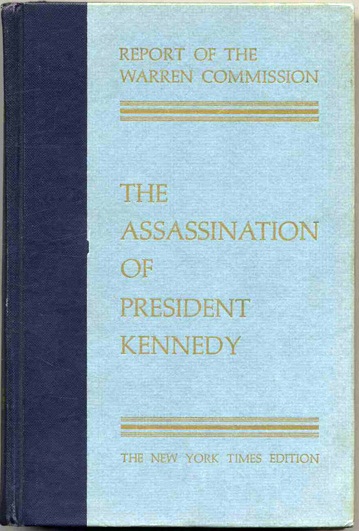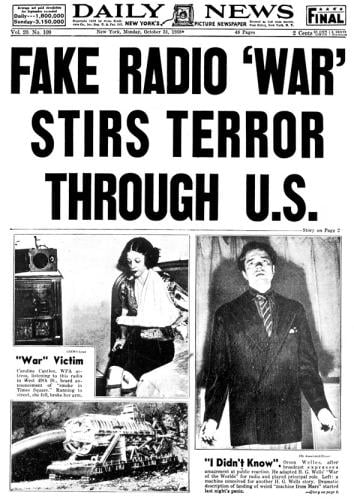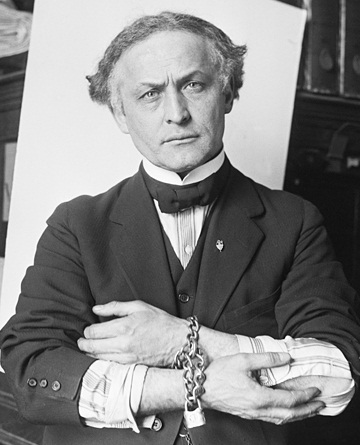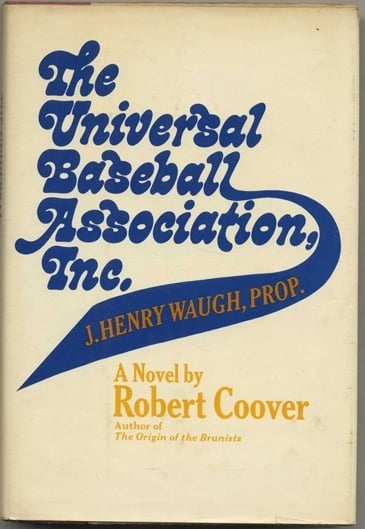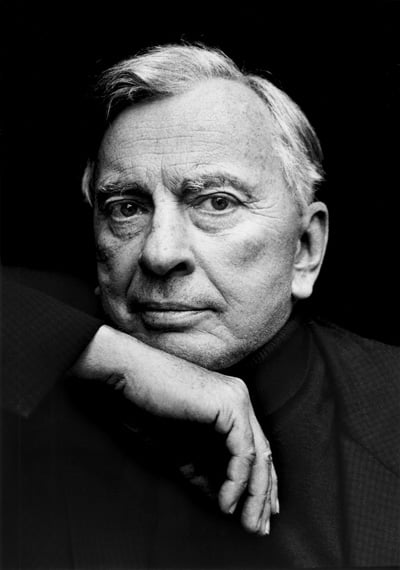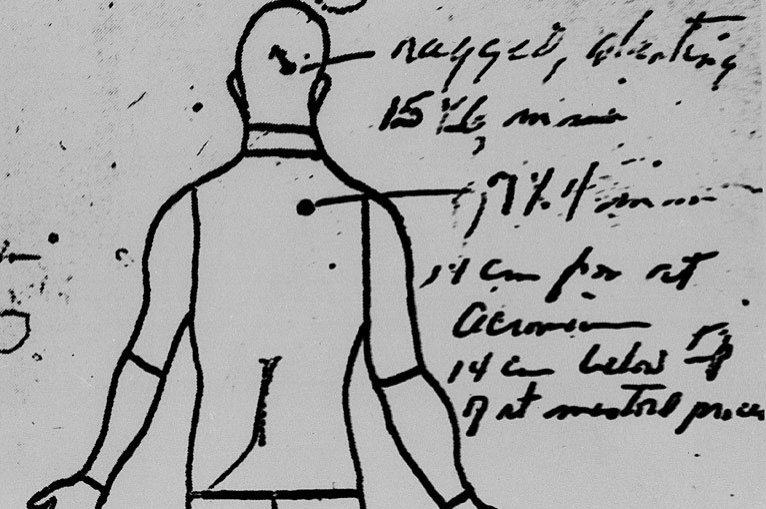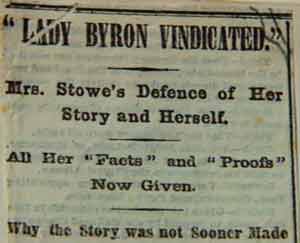The United States Library of Congress claims a long list of “world’s largest” accolades amongst libraries: world’s largest law library, world’s largest collection of comic books, world’s largest collection of cartographic materials, as well as the world’s largest library, period. With more than 158 million items on about 838 miles of shelving, it’s hard to argue with that one. In addition to its utterly massive collection, the Library of Congress is a bastion in the fight to archive American culture.
us toll free: 1-800-948-5563 international: +1 (843) 849-0283 UK: +44 (0) 1334 260018




